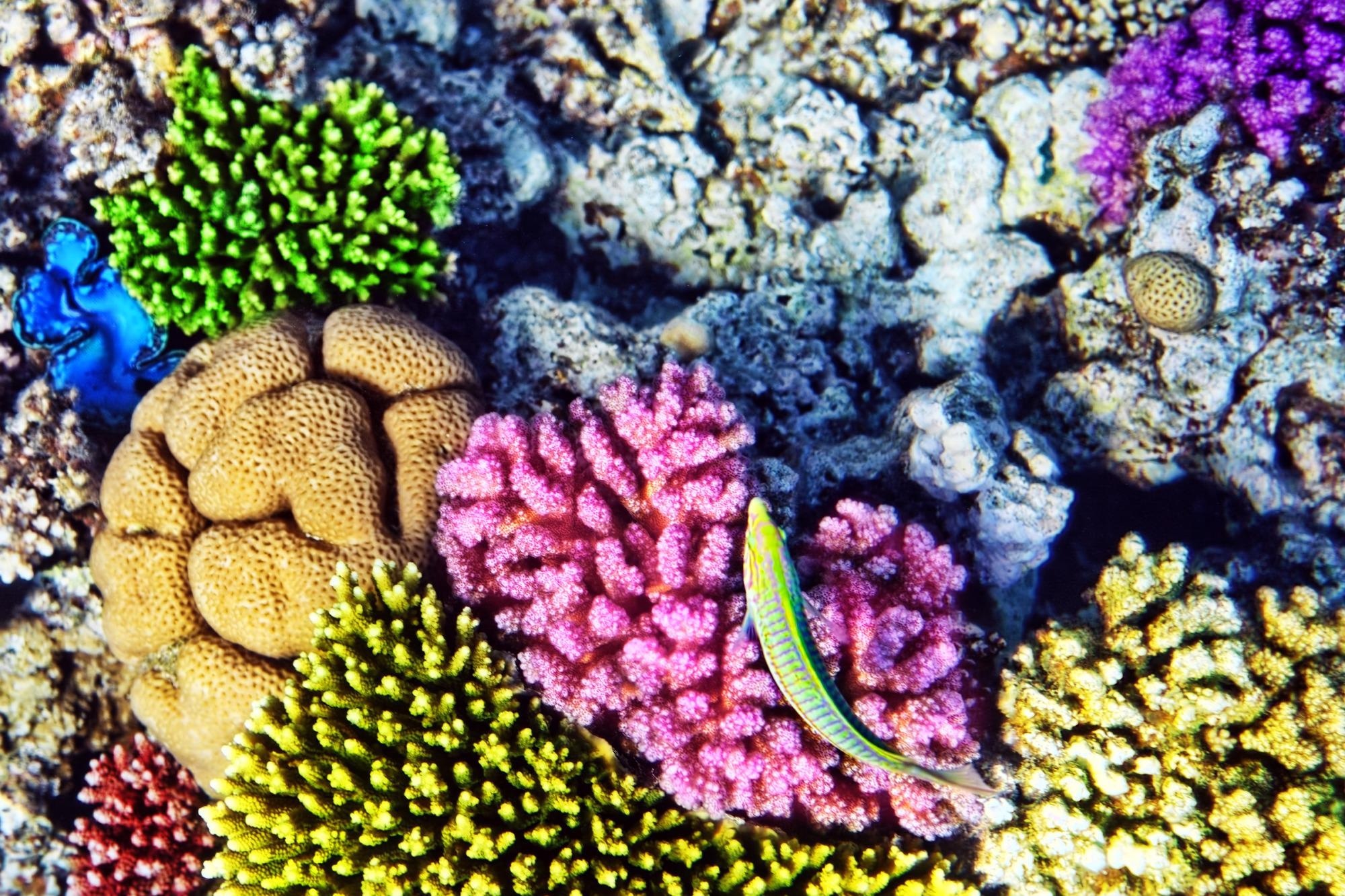Vaccines have reduced the adverse impact of the Coronavirus disease 2019 (COVID-19) pandemic; however, multifaceted interventions are still needed to combat this global health threat.
One of the main problems is a lack of an effective therapeutic. There were many drug repurposing trials for COVID-19, often providing false hope and misleading results. Nonetheless, this does not mean that researchers should just give up, as many compounds show promise for future clinical usage.
There are many molecules from terrestrial and marine sources with antiviral activity against coronaviruses. For example, tannins and anthraquinones inhibit spike glycoprotein on the virus and angiotensin-converting enzyme 2 (ACE2) on our cells, which are crucial for viral entry.
On the other hand, alkaloids, flavonoids, and coumarins inhibit different proteases that play a role in the viral life cycle. Likewise, recent reports have shown potent activity against SARS-CoV-2 for polyketide, isoprenoid, binaphthoquinone and polyphenol structural classes.
Consequently, a research team led by Dr. Bhuwan Khatri Chhetri from the School of Chemistry and Biochemistry at Georgia Institute of Technology in Atlanta aimed to take a deep dive into promising natural marine products that show true potential to inhibit SARS-CoV-2.
 Study: Marine Natural Products as Leads against SARS-CoV-2 Infection. Image Credit: V_E / Shutterstock
Study: Marine Natural Products as Leads against SARS-CoV-2 Infection. Image Credit: V_E / Shutterstock
Prioritizing potential antivirals
This study group initiated the appraisal of marine natural products from their collection of several thousand pure marine compounds and extract fractions assembled through the National Institutes of Health (NIH) funded International Cooperative Biodiversity Groups program in Fiji and the Solomon Islands.
From this extensive library of natural products, the group has prioritized those structurally similar to known antivirals, particularly molecules with established activity against coronaviruses and other RNA viruses.
Many different cell cultures were used to appraise their activity, such as Vero E6 cells derived from an African green monkey kidney, Calu-3 lung epithelial adenocarcinoma-derived cell, as well as cryopreserved human bronchial epithelial cells. An early SARS-CoV-2 isolate (USA-WA1/2020) has been used to evaluate antiviral activity.
Significant suppression of SARS-CoV-2 activity
Among the ten natural products that were selected for evaluation, three stood out based on a series of experiments with SARS-CoV-2-infected human lung cancer Calu-3 cells: homofascaplysin A, (+)-aureol and bromophycolide A.
These compounds represent three diverse structural classes of small molecules: beta-carboline alkaloids, sesquiterpene hydroquinones and meroditerpene macrolides. This is rather significant, as they open the door for creating synthetic derivatives and lead candidates against SARS-CoV-2 – with optimal antiviral and cytotoxicity profiles.
This study has shown that the aforementioned three natural products significantly suppressed viral infection while not harming human lung cells. Moreover, follow-up experiments additionally confirmed their bioactivity even at low concentrations.
The authors also state that their anti-SARS-CoV-2 inhibitory activities are comparable to other compounds that have recently been reported in the literature, even though different host cell systems have been used in different publications.
Building on novel drug leads
In a nutshell, the molecular diversity found in natural products (such as three compounds identified in this study) holds promise for novel drug leads that may fill the critical need for halting the impact of SARS-CoV-2, but also potentially other RNA viruses of pandemic concern.
This means that upcoming studies could build on these findings and utilize emerging tools – most notably replicons and virus-like particles – in order to elucidate the antiviral mechanisms of lead drug candidates.
The authors have also cited Dr. Francis S. Collins, who stated the following in the recent Science editorial: “Another lesson is that the necessary short-term dependence on repurposing existing drugs will not often produce true successful outcomes. Therefore, for the future, we should begin to work on potent oral antivirals against all major classes of potential pathogens, with the goal of having drugs ready for phase 2/3 efficacy trials when the next threat emerges.”
In any case, all existing and future research endeavors steered at antiviral drug discovery necessitate a multifaceted approach; hence, pharmacokinetic and pharmacodynamic results reported here will be beneficial for refining the methodological approach.